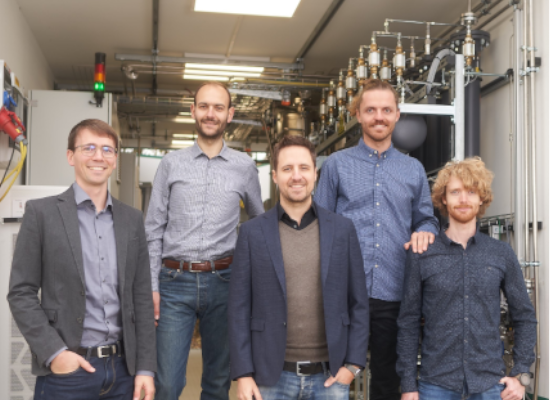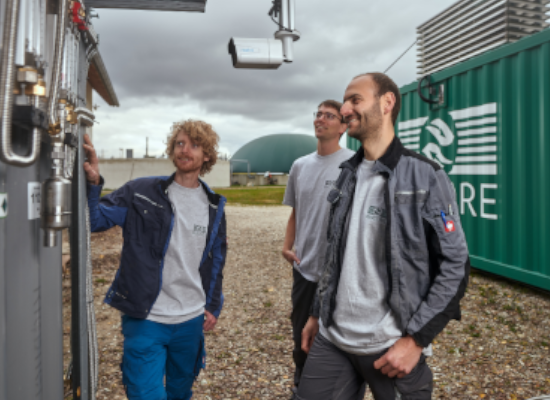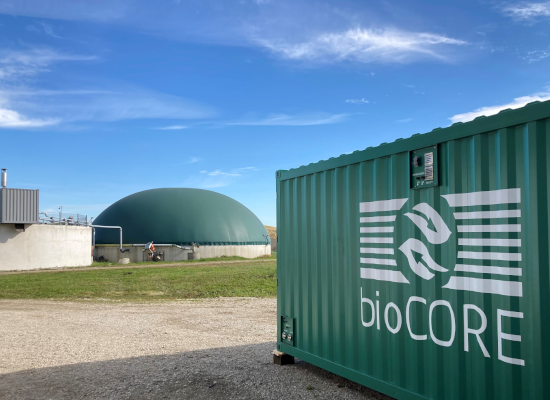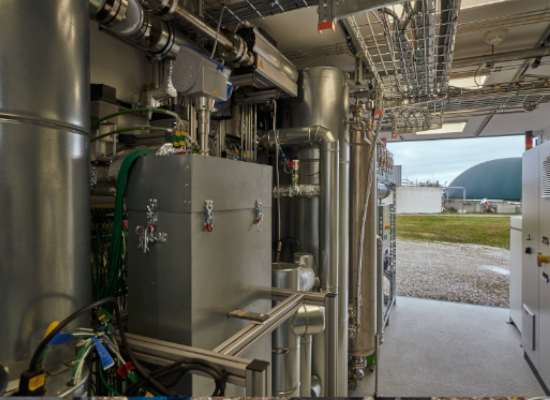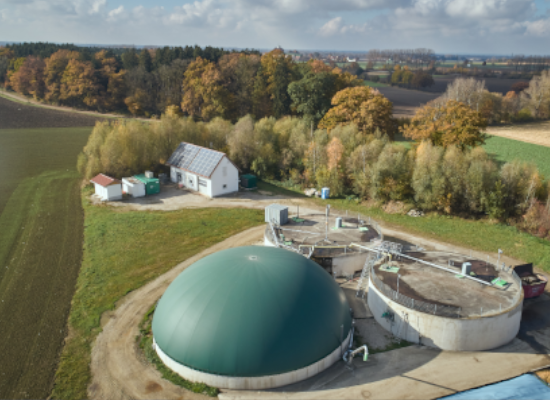Reverion
May 2022
German spin-off from TU Munich, Reverion GmbH, has developed a new design for high temperature fuel cells, enabling a reversible operation as an electrolyzer with the same equipment. This innovation significantly increases the efficiency of the fuel cell system compared to the state of the art and at the same time allows for example conversion of excess generated energy into synthetic methane by electrolysis and feed into the natural gas grid.In that way, Reverion contributes to higher efficiency of renewable energies and generates positive impact on climate as well. For this reasons, Reverion, who was one of the ISC3 Innovation Challenge 2021 Finalists, has been chosen as our Start-up of the Month for May 2022.
Year of Foundation:
March 2022
Addresses the following SDGs:
SDG 7 (affordable and clean energy), SDG 13 (climate action), SDG 6 (clean water and sanitation), SDG 11 (sustainable cities and communities) and SDG 12 (responsible consumption and production).


